My seven-year-old daughter really wants an American Girl doll. If she saves her allowance, it will be hers by April (accessories like the doll’s watch, lapdog and party dress will take longer). In the meantime, our family makes frequent pilgrimages to the American Girl boutique embedded in a local Indigo. On one visit, I ran into a colleague. His kids’ dolls were having their ears pierced at the American Girl doll hair salon. “That’s a real thing?” I asked. It is—and it costs $16.
That, in miniature, is how Heather Reisman’s book chain mounted an unexpected comeback. There are now six of the upscale doll boutiques located in Indigos across Canada, each brimming with covetous children and befuddled parents. But, it’s not just luxury playthings the CEO has added to Indigo’s lineup. Its shelves are stocked with so many stationery items, fashion accessories and home decor tchotchkes that general merchandise now constitutes nearly 40% of all sales. The chain has seen nine consecutive quarters of growth, with profits up 60% compared to a year ago.
Indigo is a case study of what makes for a successful retailer in 2016. Yes, it’s part of the digital herd, with online sales up by 18% over the Christmas season. The company has also recognized that having an online presence takes care of those consumers who are fixated on convenience. But, surviving in the bricks-and-mortar business is about something else: It means thinking of every reason that a customer might visit your store and then crossing “easy access to my products” from the list. Reisman hasn’t just built another location to shop; Indigo is a place to linger.
Indigo’s aggressive foray into toys—American Girl, but also Lego, puzzles and more—is the clearest manifestation of this strategy. Kids are world-champion lingerers. By providing an appealing destination for kids, Reisman smartly guarantees their parents will be wandering the aisles as well.
Too often retailers confuse the need to become a destination with the introduction of gimmickry. Thyme Maternity, a 68-store chain run by struggling Reitmans, tested digital mirrors that offered a 360-degree view of a shopper’s body, but what really attracts pregnant women is merchandise that doesn’t fall apart. Sport Chek has tried “gait analysis” treadmills in its stores, but that’s a sideshow compared with its digital flyers that offer clear value to shoppers. Disney Stores have “magic mirrors” to play with, but it’s the free crayon station that keeps kids coming back.
It’s telling that when digital retailers leap to the physical world, they tend to take an old-school approach. Montreal-based Frank & Oak has stores with vintage-looking barbershops and custom tailoring, while Warby Parker, the eyewear maker, has locations that are inspired by apothecaries of yore.
Even Amazon is flirting with opening more physical stores, in addition to the single pilot location it now runs in Seattle. There are strong financial incentives, like a reduction in shipping costs and a reduced reliance on discounting, as The New Yorker’s David Sax recently noted. But, the move is also rooted in the same human instincts that have saved Indigo. Sometimes, people want cheap and easy; it turns out books may not fall into that category. Some things are better bought in person, particularly if the shop makes you feel like a better person for visiting. Or, if not better, then at least a person with new earrings.
This article originally appeared at CanadianBusiness.com.


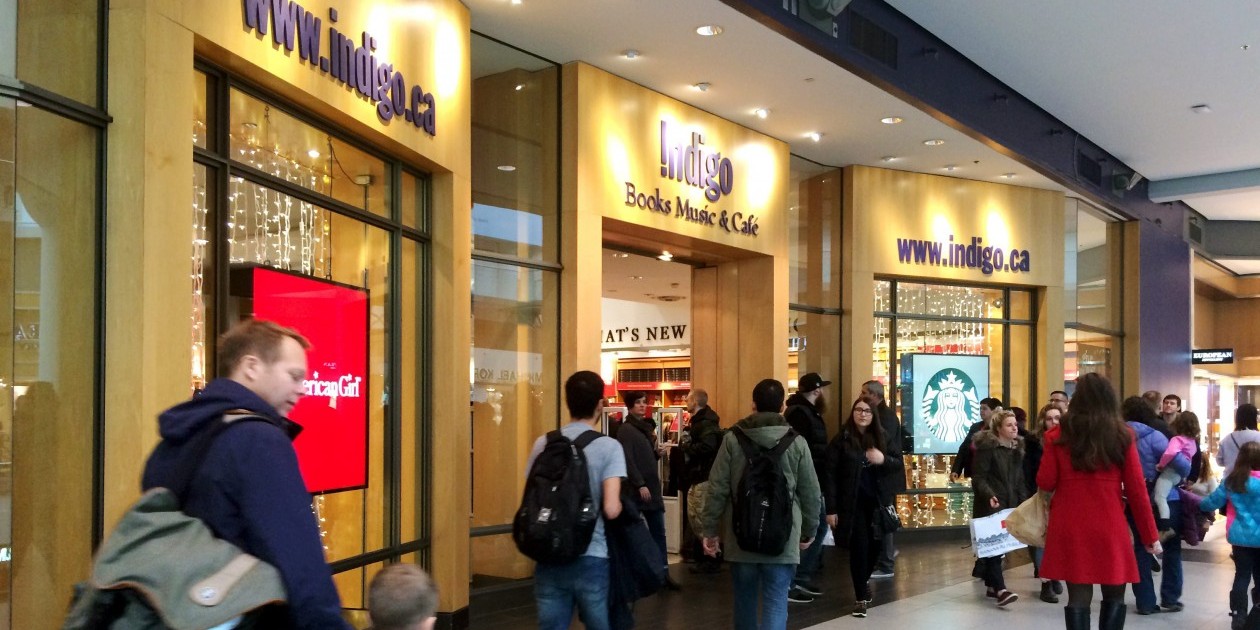


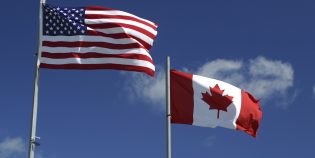
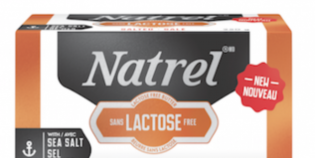
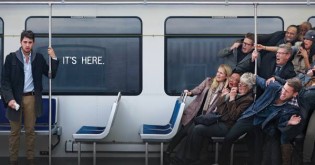
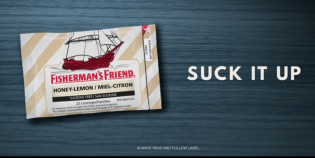
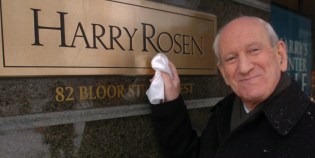

Love shopping at the Pointe-Claire, Quebec, store: Superb, superb service, great book selection (I like real books in my hands) and a nice place to pick up gifts. I usually want to linger longer than I have time for – and it’s certainly a place I’d recommend. I prefer it over the downtown-Montreal Indigo store – although I do miss the old Chapters. As for the Pointe-Claire store, I repeat: really superb service!
Monday, February 29 @ 9:02 pm |